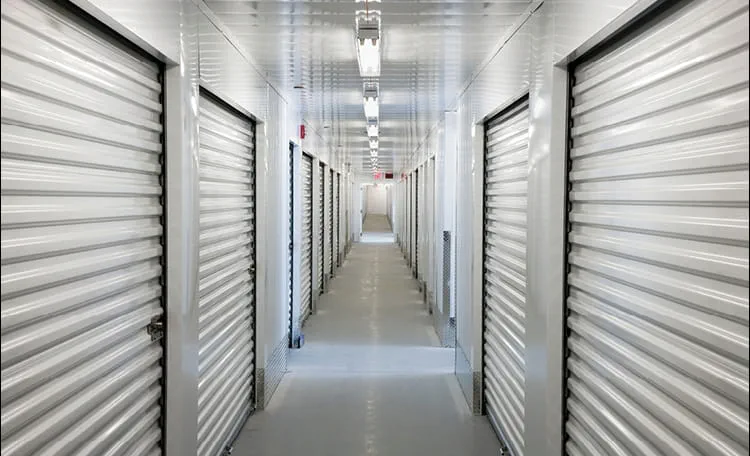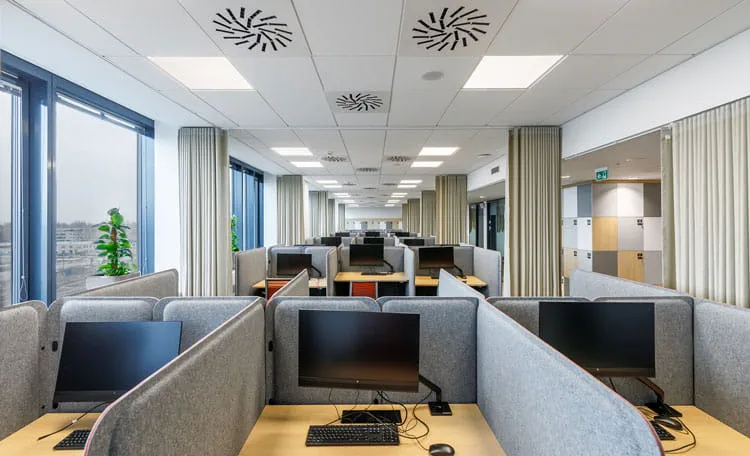
Commercial Real Estate Insights
Most Recent
Research
Global Data Center Market Comparison

Podcast • Economy
Cushman & Wakefield: Behind the Numbers
Research • Economy
James Bohnaker • 4/28/2025
Economy

Research • Economy
What to Watch 2022: 10 Indicators for Occupiers & Investors

Research • Economy
Global Office Impact Study & Recovery Timing Report
Research • Economy
James Bohnaker • 4/30/2025
Research • Economy
James Bohnaker • 4/28/2025
Research • Economy
Xian Yang Wong • 4/24/2025
Hospitality

Research
European Hotel Investor Compass

Research
European Hotel Investor Compass
Industrial & Logistics

Research • Construction
Industrial Construction Cost Guide
Research
Investor

MarketBeat • Investment / Capital Markets

Research • Valuation
U.S. Self Storage: Market Trends & Sector Outlook
Research • Investment / Capital Markets
Sam Tenenbaum • 5/1/2025
Insights • Investment / Capital Markets
4/28/2025
MarketBeat • Investment / Capital Markets
Jake McKinnon • 4/16/2025
Article • Investment / Capital Markets
4/14/2025
MarketBeats

MarketBeat • Investment / Capital Markets
Retail

Research

Insights
The Future of B Malls: Transforming Challenges into Opportunities
Podcast • Workplace
Nicola Gillen • 4/26/2021
Data Centers
Research
Global Data Center Market Comparison
Research
Insights • Technology
James Normandale • 1/16/2025
Research • Investment / Capital Markets
Shaun Brodie • 2/29/2024
Sustainability & Wellness
Insights • Sustainability / ESG
Indian Real Estate 2030: Technology, Sustainability, & Growth

Article • Sustainability / ESG
Responsability social Portal CW
Cushman & Wakefield has launched its new registration portal for social projects, facilitating the process of selecting initiatives that may receive investment through the Municipal Cultural Projects Support Program (PROMAC).
Article • Sustainability / ESG
11/14/2024
Technology
Article • Technology
The Era of High-Performance Computing: How Are Data Centers Evolving?
Insights • Technology
Asia Pacific Data Centre Construction Cost Guide
Insights • Technology
James Normandale • 1/16/2025
Article • Technology
John Pritchard • 10/29/2024
Article • Technology
Dennys Andrade • 9/10/2024
The Edge Magazine

Research • Workplace
From Putt to Pint: Everyone Wins with Competitive Socializing
Research • Workplace
Bryan Berthold • 12/8/2022
Workplace

Research • Workplace
Experience per Square Foot Instant Insights
Insights in your inbox
Featured MarketBeat Reports

MarketBeat

MarketBeat • Investment / Capital Markets

MarketBeat
MarketBeat
UK Life Science Marketbeat Reports

MarketBeat
Articles
Insights
Five Fast City Facts Ahmedabad Q1 2025

Insights • Workplace
Seoul's Office Market Remained Sought After with Low Vacancy Rates

Research • Valuation
U.S. Self Storage: Market Trends & Sector Outlook

Article • Workplace
Workspace for Today’s Workforce: Increasing Productivity






































